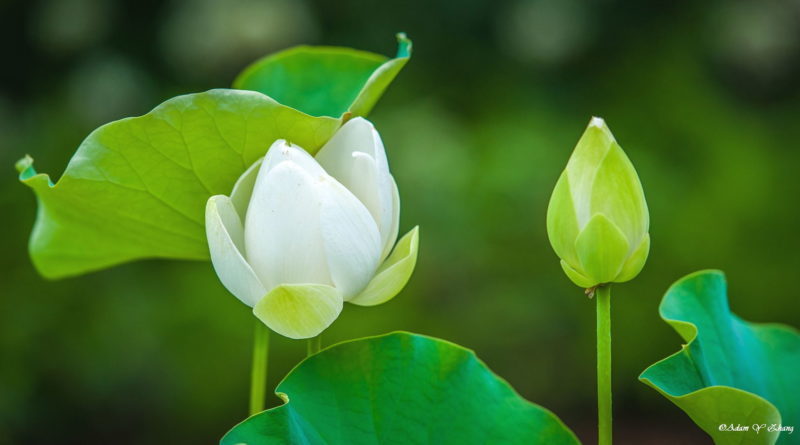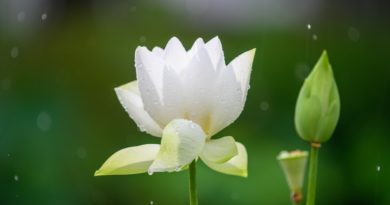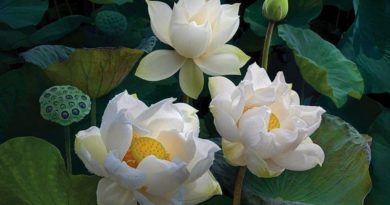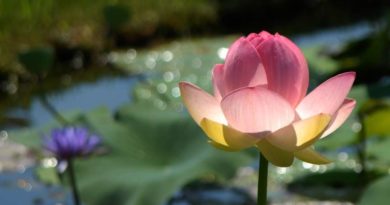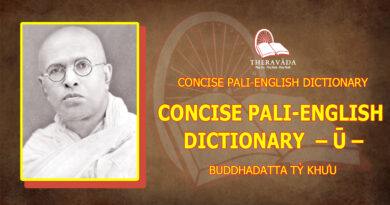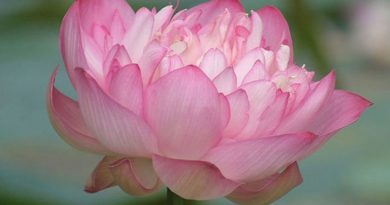SASANA ABROAD – CHICAGO TO SAN JOSE
MAIN CONTENT
SASANA ABROAD
CHICAGO TO SAN JOSE
After conducting the retreats, Sayadaw and Dr. U Mya Aung left Chicago for San Jose at 9:00 am. on August 1st by air. U Soe Khaw, Daw Khin Khin Gyi and U Thein Naing (son of U Thein Mg) met Sayadaw and Dr. U Mya Aung at the San Fransico Airport at 1:30 p.m. U Soe Khaw drove Sayadaw and Dr. U Mya Aung to the Tathagata Meditation Centre at San Jose.
Sayadaw took rest from August 1st to 4th at that meditation center and the devotees arranged sight seeing trips around San Fransico. They also invited Sayadaw to their homes to have break-fast and lunch and also for the recitation of parittas.
2nd August — Lunch by U Than Tin and family.
3rd August — Breakfast by Shwe-Ngar family & Lunch by Min Min Shein family.
4th August — Lunch by Daw Khin Khin Gyi family.
At Daw Khin Khin Gyi’s house Sayadaw gave a joyous dhamma talk before lunch. U Dhamma-piya and U Vimala were also invited. There were about fifteen people together with Daw Khin Khin Gyi, Daw Myo Theint and an American (lady) yogi. As some of the Myanmar children could not understand Myanmar language well, Dr. U Mya Aung translated the dhamma talk.
Five kusala benefits of monks’ visit
The dhamma talk Sayadaw is going to preach is about the five kusala benefits gained by the family when the monks visit their house, as the Buddha had discussed in Anguttara Pali. These five kusala benefits develop not without cause. They are the effects of the cause or performances by the family on the visit of the monks to their home.
1. Reverence: you pay respect to the visiting monks reflecting, ‘these monks are the descendants of the ariya monks of the Buddha’s time: they are the monks with perfect and righteous practice; they are the monks practising for the attainment of nibbana and to be like a fertile land where people can sow good seeds namely kusala deeds (and reap good benefits). Furthermore, their bodily and verbal behaviour are just like those of the ariya monks.’ Thus reflecting the attributes of the ariya monks you revere the visiting monks. For this reason, you get the benefit of being reborn as devas in your next existences. As you all know, there is a vast difference between the deva world and the human world. They are not delivered like human beings after nine to ten months suffering in the mother’s womb. They come into being in their respective celestial mansions as if dropped from the sky. A deva appears as a twenty years old and a devi as a sixteen years old, fully attuned in the celestial dress. The climate in the deva realm is always equable. They have no problems for their life necessities, be cause they appear automatically as soon as they are wished for.
Devas have a very long life-span compared with that of a man. Seventy-five minutes in the Paranimmita vasavatti Deva plane, is equivalent to a hundred years in the human world. Those who have not developed the remorseful nana spend their such long life by enjoying sensual pleasures. People, like the listeners of the sermon however who have developed dhamma in their human life, can immediately attain the noble dhamma, beginning with the stage which can close the door to apaya, in a very short time (a stretch or bend of the arm), when they observe the dhamma in the deva world. By virtue of their powerful mature rebirth (upapatti) they are very intelligent and swiftly realize dhamma. One can be a deva by respectfully reflecting the attributes of the ariya Sanghas.
Motto: Reverence, truly is the cause to be in the deva world.
2. Welcoming and preparing best places and paying obeisance. When the monks visit your house you welcome them, prepare best places and pay obeisance. These wholesome deeds bring kusala benefits such as to be in the high and noble family. It is also significant to have high and noble hereditary which will foster the development of high and noble mentality. Because of the noble mentality, there is the tendency to give dana, to observe precepts and to practise samatha and vipassana meditation. These kusala merits result in higher and better existences and also to perform more and more meritorious deeds. There upon it is easy to attain nibbana.
On the other hand, a descendant of low and ignoble hereditary is unlikely to possess a high and noble mentality. Hence he is certain to perform more unwholesome deeds and less and less wholesome deeds. Therefore his subsequent existences will be lower and lower. In order to be high and noble descendants you welcome, give better places and pay obeisance to the visiting righteous monks, by recollecting the attributes of the ariya monks.
Motto: Welcoming is the true cause of being high and noble.
3. When righteous monks visit your house avarice or stinginess in you no more develops. For this reason you get wholesome benefits such as to be very powerful. People with great authority achieve successful performances with no difficulty and with happiness for himself and for others as well. Hence it is of great importance to have high authority. Whereas, people with less authority encounter difficulties and are not successful in their performances for themselves and as well as for the others. In order to find out whether a man has authority or not, you watch his performances. If he has no difficulties but success in his doings, then he has authority. The other way round, he is not of great authority when he does things with difficulties and is unsuccessful. Stinginess and avarice is the cause of less authority. Great authority is the benefit of no avarice and stinginess.
Motto: Great authority is the true benefit of no avarice.
4. When righteous monks visit your house you and your family offer suitable alms. By doing so you get the benefit of having abundant things and properties in your subsequent existences. It is important to have plenty of things and properties only then, can you perform charity, observe sila and meditate samatha and vipassana. By virtue of these kusala deeds you will be in high and noble existence and also attain the sublime dhamma i.e., Nibbana. If things and properties are scarce one may not be able to give dana, to observe precept or to take time for samatha and vipassana meditation. Thereupon his next existences will be lower and ignoble. Since it is important to have abundant things and properties, you should offer dana to the visiting righteous monks. Dana is the foundation for having abundant things and properties.
Motto: Dana is the true cause of having abundant things and properties.
5. You ask questions about the dhamma which is not clear to you when the righteous monks visit your house. The monks explain dana, sila, samatha and vipassana on your request. They usually give sermons without your request since they know that you would like to learn more and better. By listening to the sermon, you gain the benefit of high intelligence and wisdom in the coming existences. To have intelligence and wisdom is a significant factor, as the work of a wise and intelligent person is beneficial and full of happiness for himself and as well as for the others, not only in this life but also in the subsequent existences.
The performance of unintelligent and dull persons are unbeneficial though they do not mean to be so. There are many instances mentioned in writings about the Buddha. Once the Buddha- would-be was a wealthy man. He also had a dull woman servant named Rohini. One day she went to the paddy field and threshed the paddy with the oxen. Her mother was so fond of her that she went along to the paddy field and lay down at a nearby place. She was so bothered by the flies that she called out to Rohini, ‘Daughter, help me to keep away the flies.’ Rohini brought a big wooden club and beat the flies. She killed her mother instantly instead of the flies, Thus a per son with no intelligence and wisdom performs with good intention, however, the result is in the reverse. That is the reason why you should listen to the dhamma when the monks visit your house.
Motto: Listening (to the dhamma) is the true cause for noble wisdom.
The bliss of magga, phala and nibbana, and the four maggas, four phalas and nibbana namely the nine supramundane dhamma are for the wise and intelligent people but not for the unwise ones. So said the Buddha.
Motto: One without wisdom and plenty of moha
these dhamma are not for him
With great wisdom and being mindful
these dhamma are for him.
To day you have listened to the dhamma on the five benefits of the five performances done by you on the visit of the righteous monks to your house. May you be able to practise accordingly and attain nibbana, your most aspired goal, the cessation of all sufferings, with no difficulties and with easy practice.

